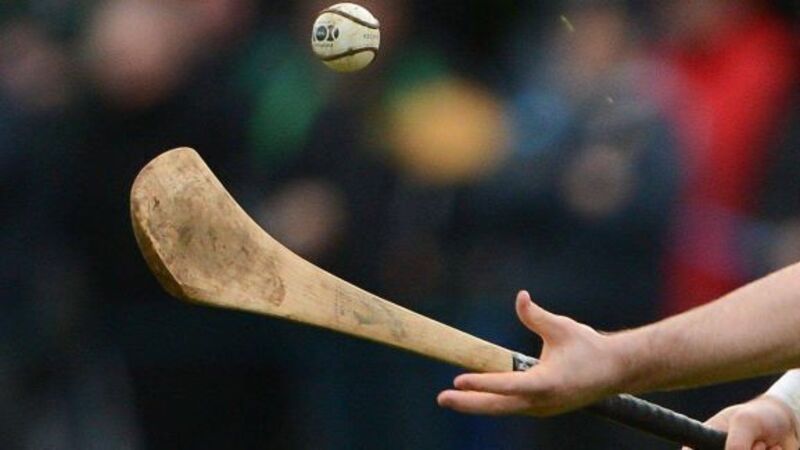After years unspoken, will we see action?

The location was one of the great stadia in the high summer, and the precise time was half an hour or so after a keenly-contested inter-county championship game.
The dramatis personae in the story are significant: there was a stand-off between an accredited drug tester and a player because the latter believed that he had chemicals rushing in his bloodstream, to use that old David Gray line. According to the legend, they weren’t anabolic steroids but recreational substances, and the player wasn’t interested in having his play-time chemical of choice named for all to see.












